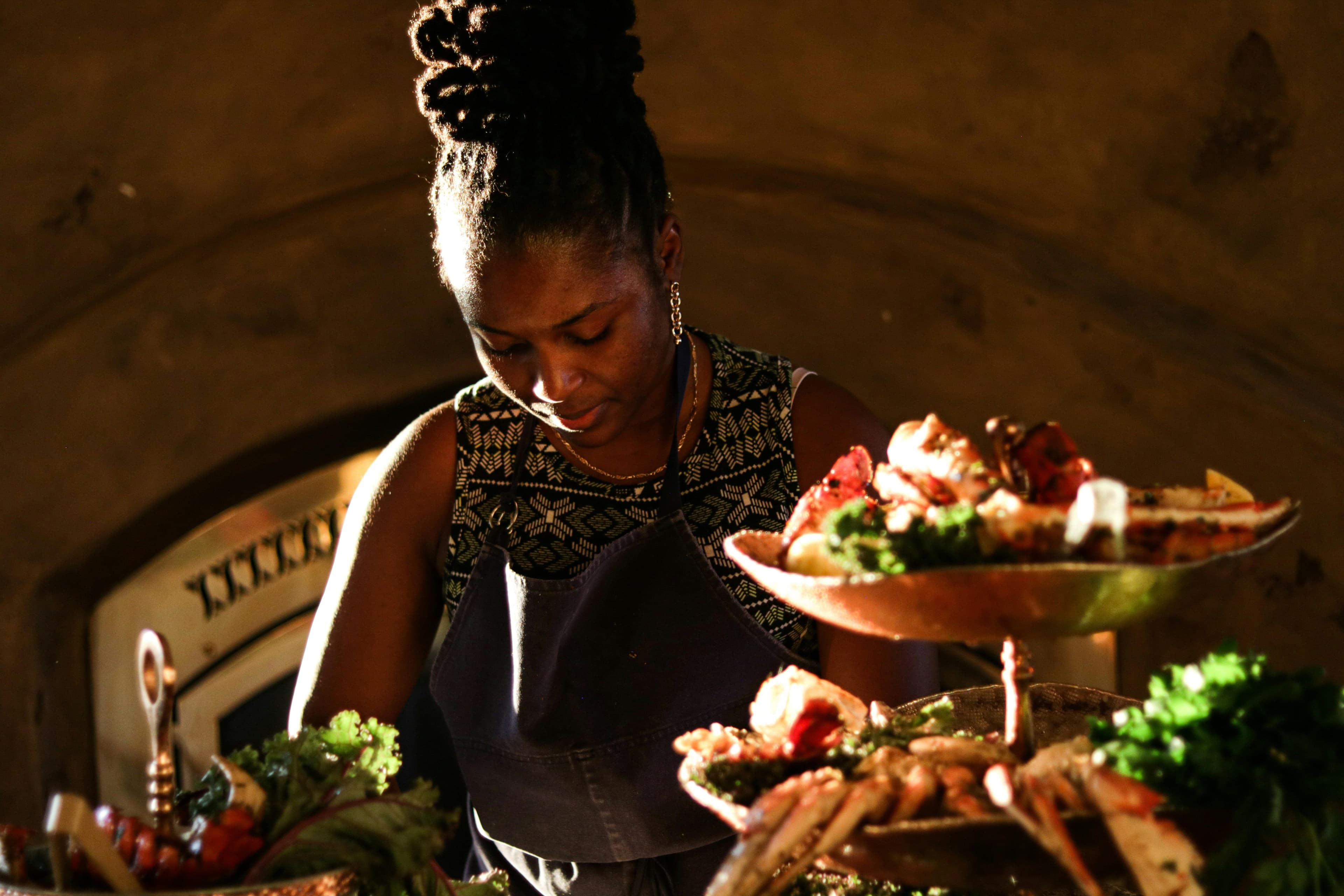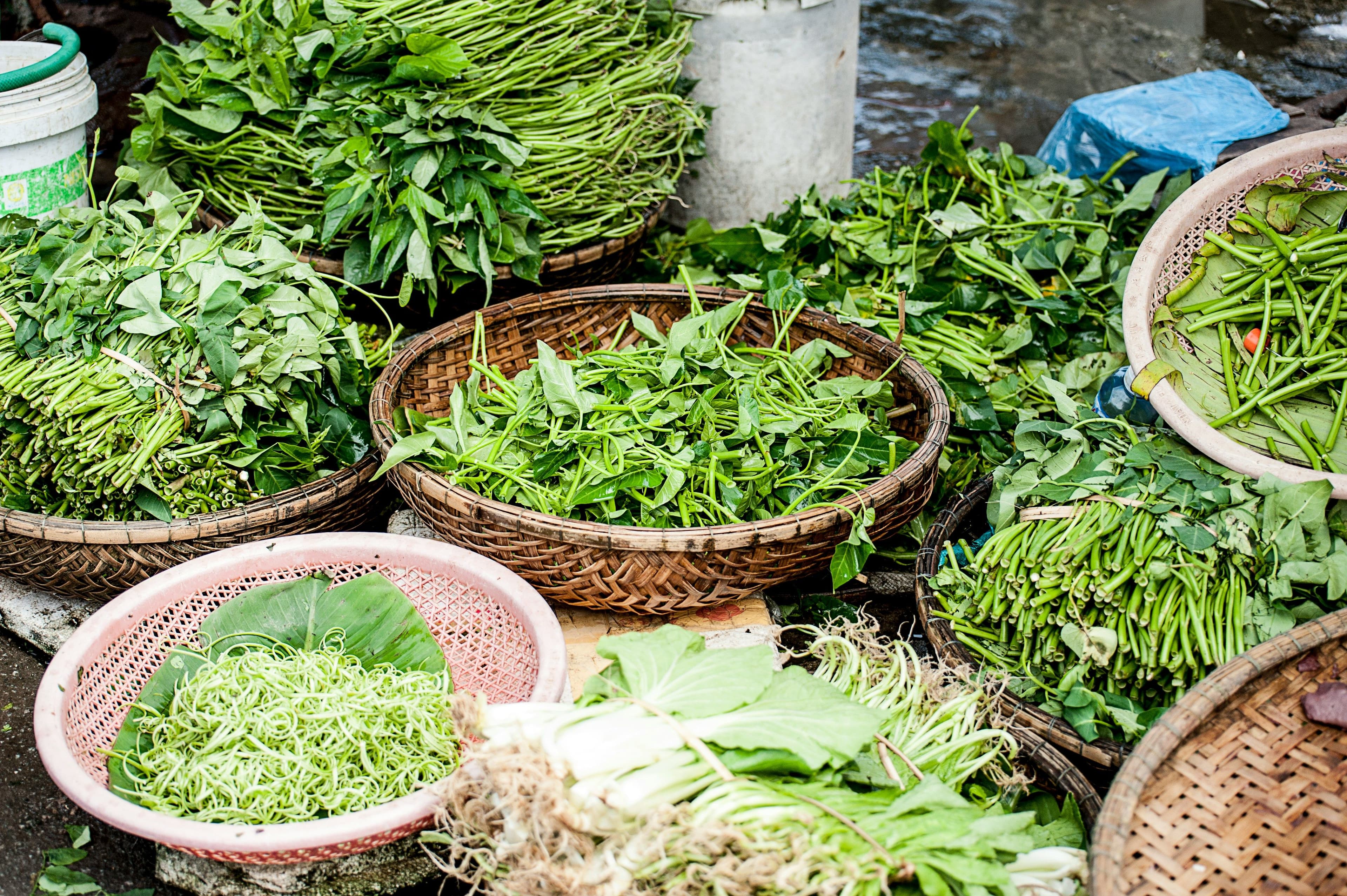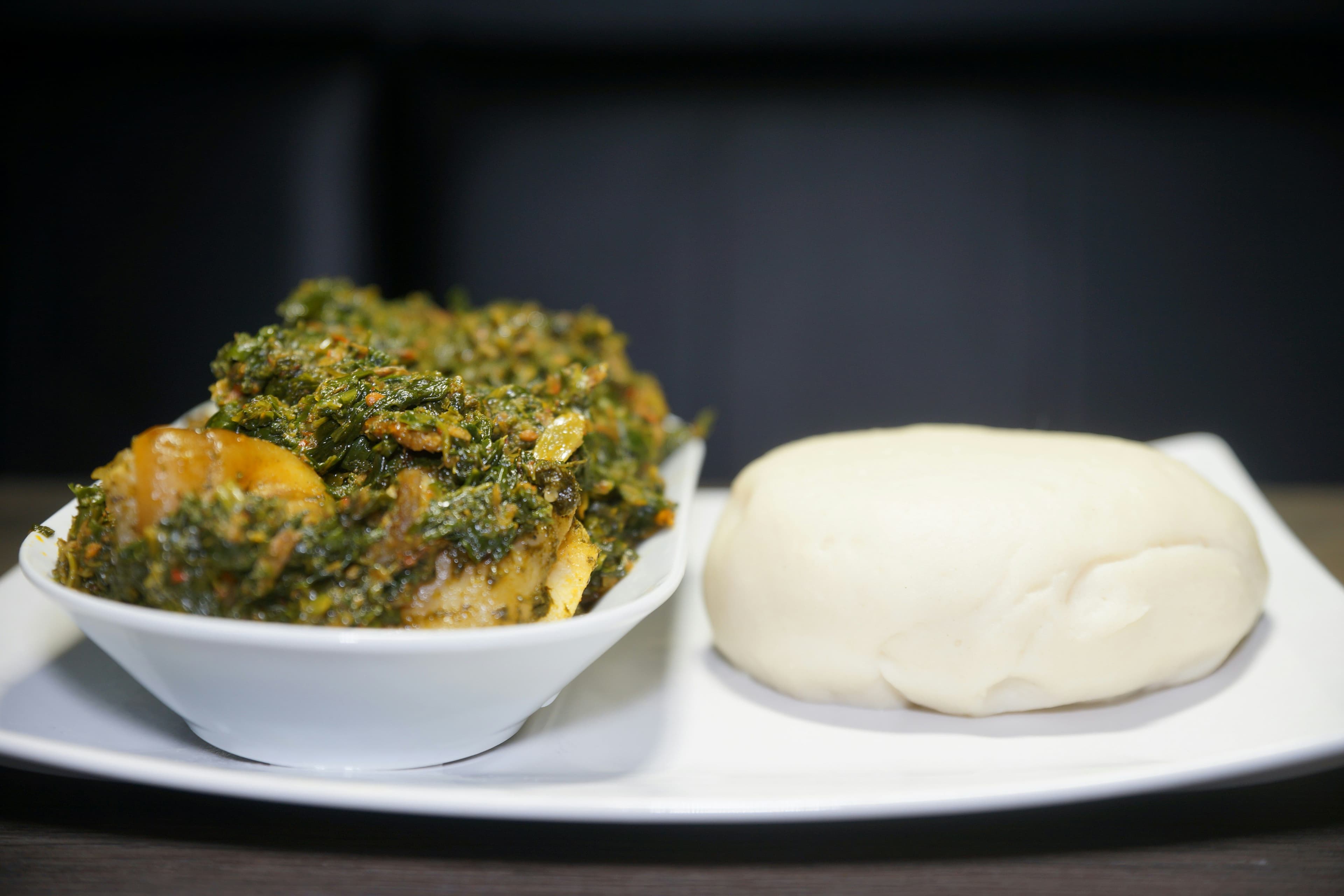
Honoring Food Legacy: How Women of Color Can Refine Ethnic Foods for Better Health
Food is more than just nourishment—it’s culture, tradition, and a connection to our roots. But somewhere along the way, you’ve been told that your ethnic foods aren’t “healthy” enough. How often have you been told to abandon your cultural recipes for a healthier lifestyle?
For many women of color, this advice feels not only disconnected from our identity but also dismissive of the rich food legacy we carry. It’s time to challenge those myths and embrace our culture and identity alongside our wellbeing.
In our recent webinar, Registered Dietitian Rosie Mensah encouraged us to reclaim our cultural foods by making small, thoughtful adjustments that support our health without compromising the flavors we cherish.
Debunking the Myth

Ethnic foods aren’t inherently unhealthy. The misconception often stems from ideas about certain ingredients—like carbs or fats—without acknowledging their nutritional benefits. I remember a time when I stopped eating avocado for months, believing its fats would make me gain weight—it’s the same way cultural dishes are often misunderstood.
Many traditional dishes are rich in vibrant vegetables, lean proteins, and fresh herbs, packed with nutritional benefits and easily fitting into a healthy diet.
A Simple Approach: Balance Over Perfection

Healthy eating doesn’t need to be complicated. Canada’s “healthy plate” approach divides your plate into vegetables, protein, and carbs. Many ethnic foods naturally align with this balance—featuring lean meats, whole grains, and plenty of veggies.
Simple Tweaks for Healthier Meals
You don’t have to sacrifice flavor. Try reducing carbs, adding more vegetables, or swapping fried foods for baked ones. These modifications are about adjustment, not elimination, so you keep the soul of your dishes intact.
Gradual Adjustments for Lasting Results
Trying to make drastic changes overnight can feel overwhelming, especially when navigating the complexities of self advocacy in healthcare. Instead, begin with small, manageable steps—swap one ingredient or cooking method at a time. Over weeks and months, these tweaks become second nature and support both wellbeing and cultural identity.
As you embrace these changes, our personalized Symptom Questionnaire can help you gather the right information for a more productive doctor’s consultation.
To gain a better understanding of food myths, check this out.

Our cultural foods are full of life, flavor, and nourishment. It’s about honoring the food legacy you carry while making choices that elevate both your health and your identity.
Disclaimer: We are not licensed dietitians or medical professionals. The information provided is for educational purposes and should not replace personalized advice from a healthcare provider.



